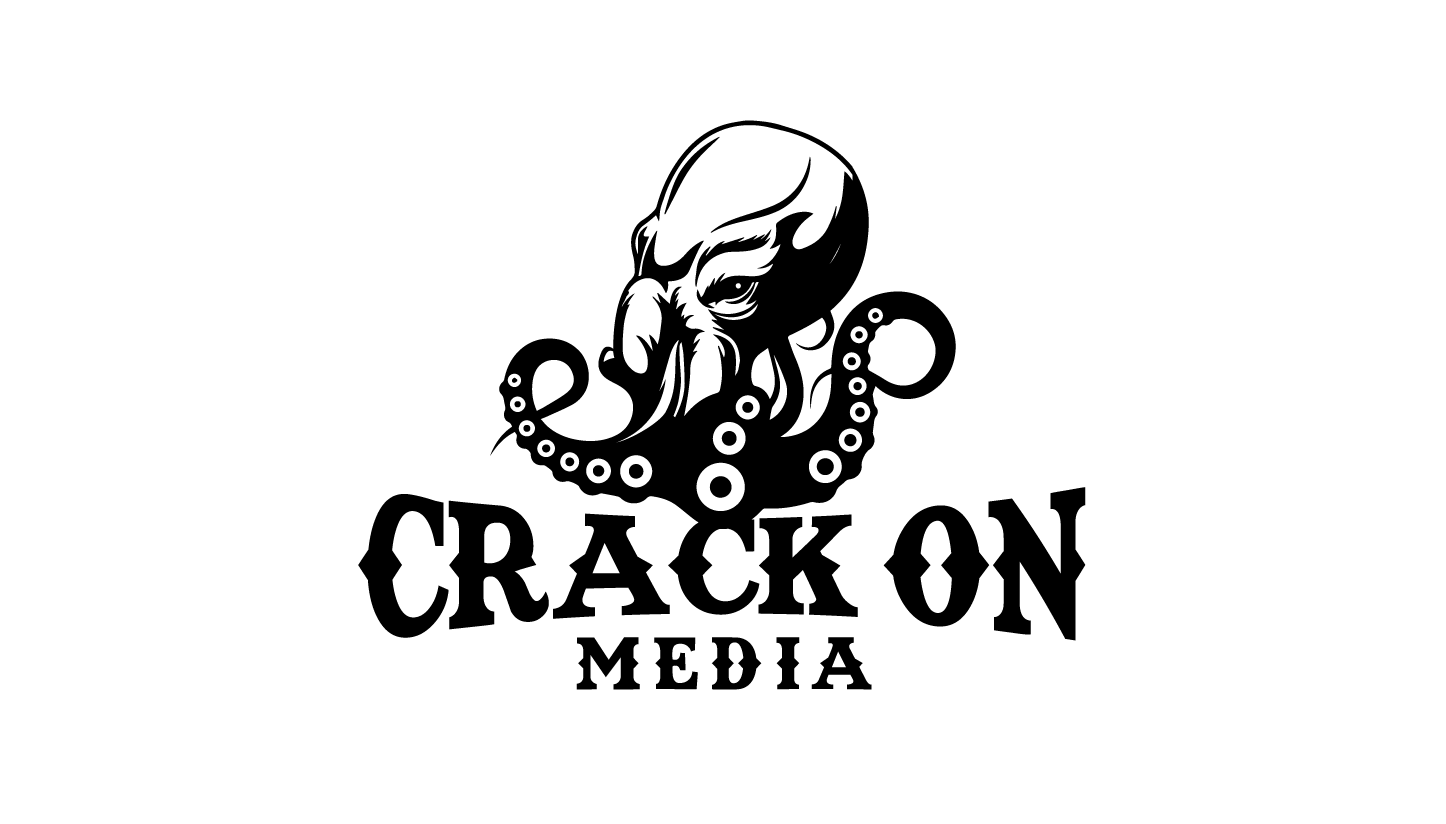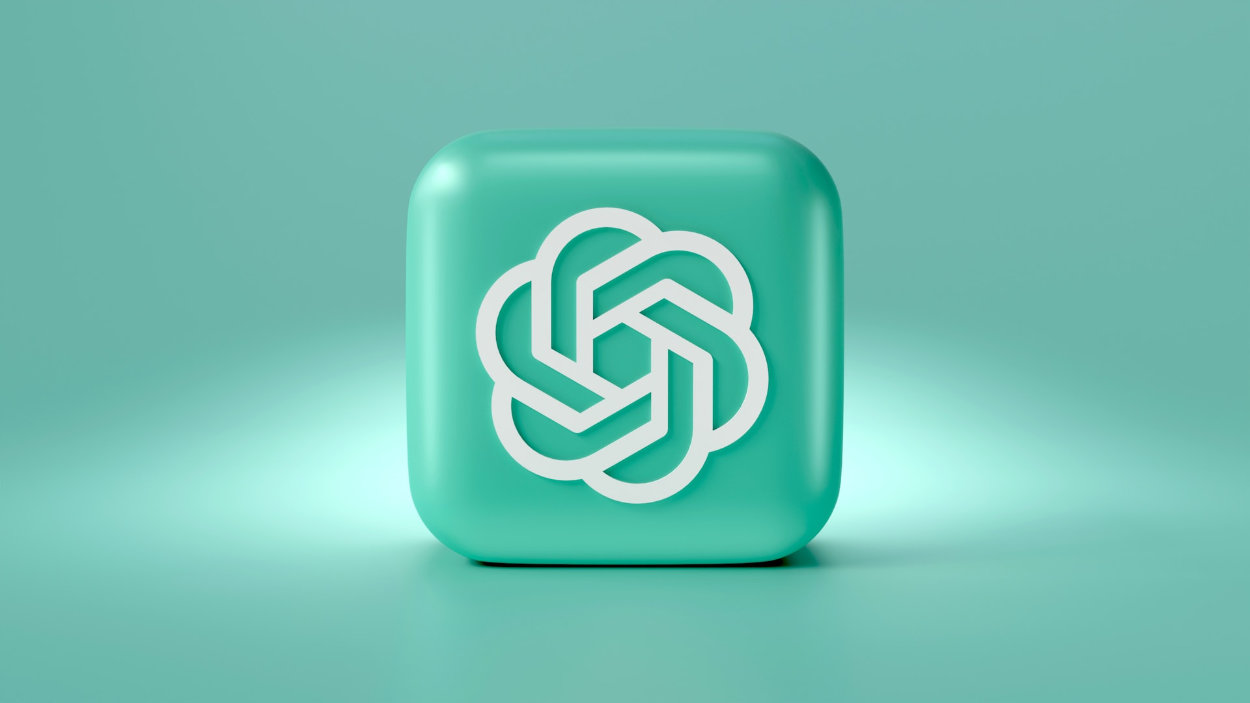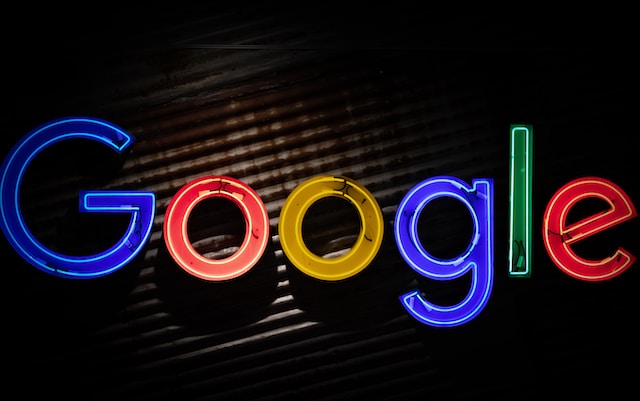In today’s fast-paced digital landscape, businesses strive to stay ahead of the competition by harnessing the power of technology. One such innovation that has gained significant momentum is the integration of chatbots into marketing automation strategies, utilizing the capabilities of Artificial Intelligence (AI). AI chatbots have emerged as a remarkable tool, enabling businesses to enhance customer engagement, streamline operations, and drive revenue growth. In this article, we will explore why chatbots are an excellent asset for strategically leveraging marketing automation and AI, and we will delve into some prominent brands leading the way in this domain.
The Rise of AI Chatbots
Imagine a scenario where businesses can provide instant and personalized customer support around the clock without the need for a large team. That’s precisely what AI chatbots offer. These intelligent virtual assistants can engage with customers, answer queries, provide recommendations, and even execute transactions autonomously.
Chatbots have come a long way since their inception, with advancements in natural language processing and machine learning algorithms. One of the frontrunners in the chatbot landscape is ChatGPT, developed by OpenAI. With its vast language model trained on a wide range of data sources, ChatGPT offers sophisticated conversational abilities, making it a leader in the field.
Another noteworthy player is Google Bard, a chatbot that rivals ChatGPT. Bard has demonstrated remarkable language generation capabilities and has shown promising results in various domains. Its ability to generate poetry, lyrics, and even stories has garnered significant attention.
Moreover, the open-source community has contributed immensely to the development of AI chatbots. HuggingChat, an open-source project, has gained popularity among developers. It offers a user-friendly interface and allows customization to suit specific business needs.
Unleashing the Power of Chatbots in Marketing Automation
The integration of chatbots into marketing automation strategies has revolutionized the way businesses interact with their customers. Let’s dive into some key benefits and explore how to strategically leverage chatbots powered by AI for effective marketing automation.
1. Enhanced Customer Engagement
Engaging customers is essential for building lasting relationships and fostering brand loyalty. AI chatbots provide a seamless and interactive experience by delivering personalized content and addressing customer queries promptly. By using AI-powered chatbots, businesses can gain valuable insights into customer preferences and behavior, enabling them to deliver targeted marketing campaigns.
Tip: Incorporate chatbots into your website or mobile app to greet visitors, guide them through product catalogs, and assist in making purchase decisions. For instance, the Zapier AI Chatbot allows you to build your own chatbot using pre-built workflows, integrating it with various business applications seamlessly.
2. Streamlined Lead Generation and Qualification
Generating leads and qualifying them can be a time-consuming process. However, with AI chatbots, businesses can automate lead capture and qualification, significantly reducing manual effort. Chatbots can initiate conversations, collect prospect information, and gauge their interest level. This data can then be seamlessly integrated into marketing automation systems, ensuring a seamless transition from lead capture to nurturing.
Tip: Consider using Jasper Chat, an AI chatbot specifically designed for content writing. It can interact with users, gather their requirements, and generate engaging content tailored to their needs. This not only streamlines the lead generation process but also provides personalized content recommendations, increasing customer satisfaction.
3. Proactive Customer Support
Delivering exceptional customer support is crucial for customer retention. AI chatbots excel in this aspect by providing instant assistance and resolving customer queries promptly. By leveraging natural language processing capabilities, chatbots can understand customer intent and provide relevant solutions, ensuring a consistent and satisfying support experience.
Tip: Explore ChatSpot, an AI-powered chatbot designed explicitly for sales and marketing. It can engage with customers, address their queries, and even recommend products based on their preferences. This proactive approach to customer support enhances customer satisfaction and boosts sales conversion rates.
4. Amplified Social Media Presence
Social media platforms have become vital channels for businesses to connect with their target audience. Snapchat My AI is an example of a chatbot designed specifically for social media interactions. It allows businesses to automate interactions with users, providing instant responses to messages and inquiries. This not only saves time but also ensures a consistent brand presence across social media platforms.
Tip: Leverage Snapchat My AI to automate engagement on your social media profiles. It can respond to customer inquiries, share product updates, and even assist with placing orders. This enables businesses to maximize their social media presence while focusing on other crucial aspects of marketing.
5. Revolutionizing Coding Assistance
For developers and programmers, coding assistance tools powered by AI have become game-changers. GitHub Copilot, an AI-powered coding assistant, can generate code suggestions in real-time, significantly accelerating the development process. With its ability to understand the context and provide accurate code snippets, developers can streamline their coding workflow and increase productivity.
Tip: Integrate GitHub Copilot into your coding environment to expedite the development process. It can assist with code completion, offer intelligent suggestions, and even generate entire functions based on context. This empowers developers to write cleaner and more efficient code.
In conclusion, AI chatbots have emerged as a powerful tool for strategically leveraging marketing automation. Their ability to enhance customer engagement, streamline lead generation, provide proactive support, amplify social media presence, and revolutionize coding assistance makes them an indispensable asset for businesses in the digital age. By incorporating prominent brands like ChatGPT, Google Bard, HuggingChat, Zapier AI Chatbot, Jasper Chat, ChatSpot, Snapchat My AI, and GitHub Copilot into their marketing automation strategies, businesses can unlock the true potential of AI chatbots and gain a competitive edge in their respective industries.
So, embrace the power of AI chatbots, automate your marketing efforts, and embark on a journey towards enhanced customer experiences and business growth.
Frequently Asked Questions about AI Chatbots
An AI chatbot, also known as an artificial intelligence chatbot, is a computer program designed to simulate human conversation and interact with users in a conversational manner. It utilizes artificial intelligence algorithms to understand and respond to user queries, providing automated assistance or information.
Chatbots have a wide range of applications across various industries. They are used for customer support, lead generation, sales assistance, appointment scheduling, content recommendation, personalized marketing campaigns, and more. Essentially, they can automate tasks that involve interacting with users and provide instant responses or perform specific actions.
The four types of chatbots are:
Rule-Based Chatbots: These chatbots operate based on a predefined set of rules and patterns. They follow a decision tree or flowchart to provide responses.
AI-Powered Chatbots: These chatbots utilize artificial intelligence and natural language processing techniques to understand user intent and provide more sophisticated responses. They can learn from user interactions and improve over time.
Virtual Assistants: Virtual assistants are advanced chatbots capable of performing tasks beyond the conversation. They can integrate with other applications, access databases, and execute complex commands.
Voice Assistants: Voice assistants, such as Amazon’s Alexa or Apple’s Siri, respond to voice commands and queries, utilizing natural language processing and speech recognition technologies.
There are numerous chatbot examples used across different industries. Some popular examples include:
Apple’s Siri: A voice assistant chatbot that responds to voice commands on Apple devices.
Amazon’s Alexa: A voice-activated chatbot that provides various services and controls smart home devices.
ChatGPT: An AI chatbot developed by OpenAI, known for its conversational abilities and natural language processing capabilities.
Google Assistant: A virtual assistant chatbot that offers information, and recommendations, and performs tasks based on user commands.
AI chatbots improve customer experience in several ways. They provide instant responses, 24/7 availability, and personalized interactions. AI algorithms enable chatbots to understand customer preferences and behaviors, allowing for tailored recommendations and targeted marketing campaigns. Additionally, chatbots can handle multiple inquiries simultaneously, reducing wait times and increasing customer satisfaction.
Chatbots use artificial intelligence, specifically natural language processing (NLP) and machine learning (ML), to understand and respond to user inputs. NLP enables chatbots to comprehend and interpret human language, while ML algorithms help them learn from data and improve their responses over time. By combining these technologies, chatbots can simulate human-like conversations and provide intelligent interactions.
The advantages of using AI chatbots include:
Increased efficiency and productivity: Chatbots automate tasks, reducing manual effort and allowing businesses to handle a higher volume of inquiries or transactions simultaneously.
Improved customer service: Chatbots provide instant and consistent support, reducing response times and ensuring 24/7 availability.
Personalization: AI chatbots can analyze customer data and preferences to offer personalized recommendations and tailored experiences.
Cost savings: Chatbots reduce the need for a large customer support team, resulting in cost savings for businesses.
Data collection and analysis: Chatbots gather valuable customer data, which can be used for insights and decision-making.
There are several prominent AI chatbot platforms available, each with its strengths. ChatGPT, developed by OpenAI, is widely recognized as a leader in the field, offering advanced conversational capabilities. Other notable chatbots include Google Bard, which excels in generating human-like content, and GitHub Copilot, an AI coding assistant. The best AI chatbot depends on the specific requirements and use cases of your business.
Remember to research and assess the features, integration capabilities, and user reviews of different chatbot platforms to determine the best fit for your needs.





